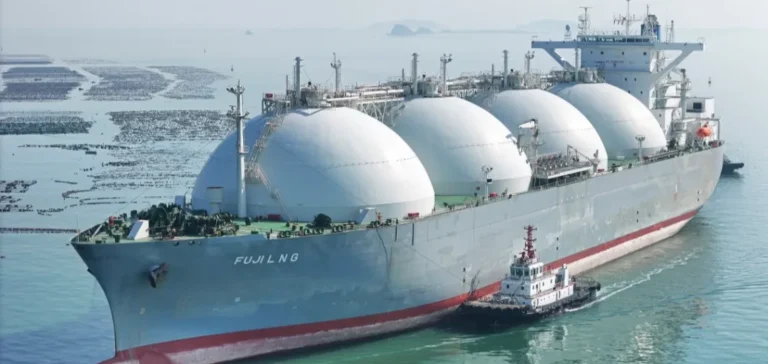Italy and the United States have concluded an agreement to intensify their cooperation in the field of liquefied natural gas (LNG), aiming to ensure a stable supply for Europe. This announcement comes as the European Union continues its policy of reducing dependency on Russian hydrocarbons, initiated after the invasion of Ukraine in 2022.
Italian Minister of Energy Gilberto Pichetto Fratin and U.S. Secretary of the Interior Doug Burgum stated, following a meeting in Rome, their intention to guarantee a “stable and secure” flow of LNG from the United States, without setting specific targets or a formal timeline.
A transatlantic investment axis
The two governments agreed to promote investment in the infrastructure needed for the LNG value chain. This includes regasification terminals in Italy and export facilities on U.S. soil. The objective is to build a robust network capable of absorbing market fluctuations while limiting supply disruptions.
This transatlantic energy alignment comes at a time when traditional flows from Russia have been significantly reduced. Italy, among the leading European LNG importers, is seeking to further diversify its sources and supply routes.
A strategic issue for delivery stability
Gilberto Pichetto Fratin highlighted that U.S. shipments represent a lever for energy security, due to the reliability of maritime routes between the two continents. “U.S. LNG contributes to supply security thanks in part to the greater reliability of the route from the United States to Italy and Europe, compared with the geopolitical risks present on other routes,” he said in a statement.
The prospect of increased Italian imports of U.S. LNG had already been discussed in Washington in April, during a meeting between Italian Prime Minister Giorgia Meloni and U.S. President Donald Trump. This partnership is part of a broader strengthening of bilateral commercial ties in the energy sector.






















